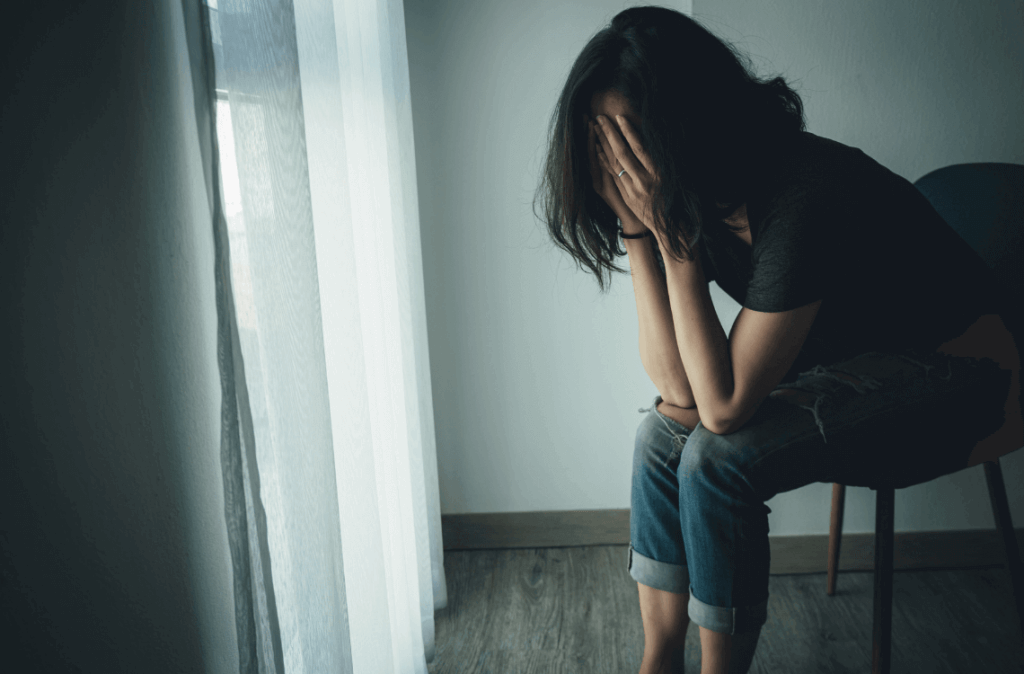Covid-19, with its lockdowns worldwide, has seen incidences of abuse rose exponentially. While women and children usually bear its brunt, men are not exempted.
While not as evident, emotional abuse is even more prevalent than realised.
It does not discriminate age, sex, or race, and breeds silently in every stratum of society. Emotional abuse, impacts the lives of their victims, with lasting, and unimaginable consequences.
Beware, Here There Be Monsters!
Emotional abuse occurs when a person controls another by thought, word, and deed.
Master manipulators that they are, these abusers hide in plain sight and can be respectable personalities in society. They manipulate their victims by whittling away their self-esteem, bit by bit.
They shame, heckle or jeer at their opinions, and deride them for their thoughts. Hobbies, or interests, are belittled.
They may demand access to passwords, and then check on personal conversations, or emails between family, and friends. They may also control the household money, robbing their victims of financial independence. They brook no dissension, and any opposition is met with rage.
Victims are accused of multiple wrongs, and no defence will slow the verbal onslaught. In short, it is sheer hell.
Who Are Its Victims?
Emotional abuse is no respecter of persons, so anyone is fair game, so long as the abuser finds the victim easy to control.
Women have a higher rate of abuse, as do dependants. In some cases, unlikely targets could be colleagues or staff.
Because abusers tend to shift blame to justify their wrongful actions, it is important to remember that you are not to be blamed for the abuse you receive.
Signs Of Abuse
Victims tend to hide abuse for reasons of shame or to protect their abuser. Dependants are in an especially tough spot since they rely on their abuser for support and leaving is not an easy, or possible option.
If you suspect someone close to you is in an abusive relationship, here are some telltale signs.
Physical Abuse
Bruises, broken bones, and scratches are all clear signs of physical abuse.
Victims will try to hide injuries under make-up, dark glasses, or clothing. They will blame themselves for clumsiness, to protect their abuser.
This is especially so for dependants and those with children. If nothing is visible, pay attention to their movements, which could reveal concealed injuries.
Victims should get immediate help if so, to prevent further injuries, or even death. Authorities will need to get involved as well to ensure the abuser does not get the opportunity to strike again.
Fear
Victims fear the consequences of their actions and decisions. Hence, even the smallest decisions can paralyse them. They keep second-guessing their choices, with all decisions needing the approval of their abuser.
Depression
With abuse is becoming a constant, depression is a strong possibility. In the grip of it, one can easily spiral down a black hole of despair.
Those in depression exhibit signs of hopelessness, irritability, and a slew of uncontrolled emotions.
They may lose interest in doing even the simplest things. Hobbies and interests lie abandoned, personal hygiene sidelined, and appearances, unkempt.
Some, in the throes of listlessness, may not shower for days, using the same clothes day in and out.
Some find comfort in eating, whist others shun food. To run away from looming problems, and the bleak outlook of their future, some hide in the blessed relief of sleep, while others find sleep a luxury.
Some harbour thoughts of suicide.
Anxiety
Hot on the heels of depression, victims face the gut-wrenching presence of anxiety. While some may face anxiety immediately before, during and after an attack, some are assailed with it constantly.
General symptoms of anxiety include restlessness, a feeling of being “on the edge”, and excessive worry. Those who experience it may burst into cold sweat, feel their heart pounding, and that sinking feeling in the pit of their stomach.
Telltale signs of anxiety manifest in irritability, difficulty in concentrating on conversations, or work.
Isolation
To effectively control their victims, abusers isolate them from their family and friends.
If you realise that your friend is once a happy person, and chummy friend has become withdrawn, isolated, and a complete stranger to you, that ought to ring warning bells.
The best you can do for her is to keep friendship ties, and communications lines open, since your presence indirectly thwarts the abuser.
No matter how good your intentions are, never confront the abuser. The one to pay for your indiscretion will be the very friend you are trying to help and protect.
The gift of friendship and your presence makes a huge difference. Abusers will tread warily as the last thing they want to invite is unwanted attention on themselves.
Other than medical help, the Befrienders, Action Women’s Aid Organisation (AWAM) or Women’s Aid Organisation (WAO) may provide lifelines to those in need.
While the road to recovery may be long, remember always that you are stronger than you feel and more courageous than you think.
